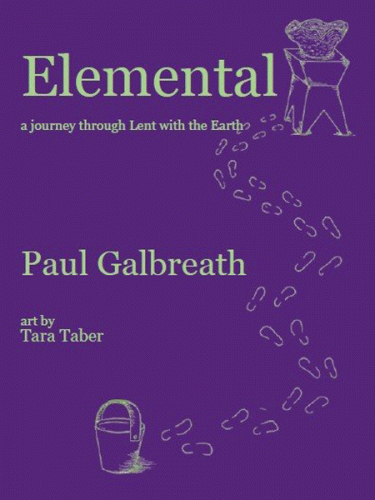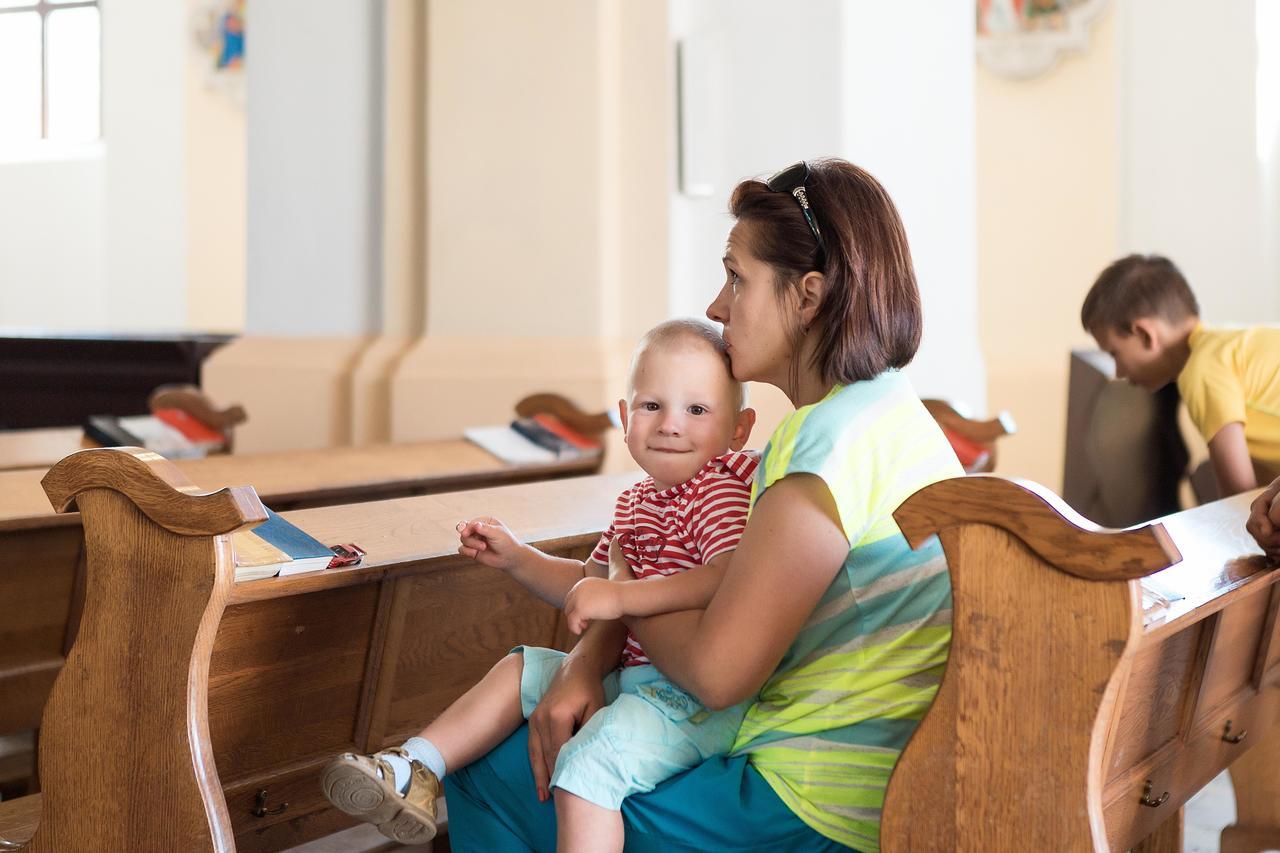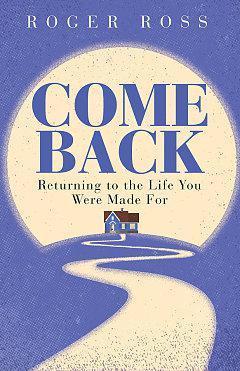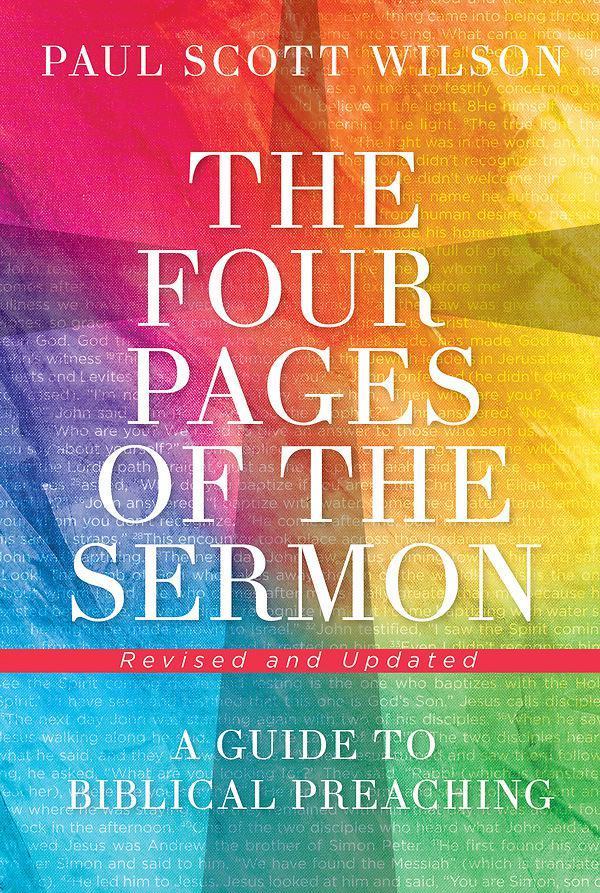Letter calls for removing Cuba from State Sponsors of Terrorism list
April 30, 2023

Photo by Gayatri Malhotra via Unsplash
Twenty churches and faith-based organizations, including the Presbyterian Church (U.S.A.), have sent a joint letter asking the United States to change its policy toward Cuba to reduce hardships on the Cuban people and to remove hindrances to providing humanitarian assistance.
The letter asks the Biden administration to remove Cuba from the State Sponsors of Terrorism (SST) list, noting that “as a matter of faith, we do not believe that imposing deep and painful costs on Cuba’s civilian population can be morally or pragmatically justified.” (Read the full letter here.)
The signers, which include Church World Service, The Episcopal Church and the United Methodist Church-General Board of Church and Society, point out several ways that Cuba is contributing to international peace efforts.
“State sponsors of terrorism provide logistical, financial or political support to groups that carry out terrorist attacks on civilians,” their letter states. In contrast, “Cuba continues to make international commitments to combat terrorism, has ratified all 12 international counterterrorism conventions, and has offered to sign a bilateral agreement with the United States on counterterrorism.”
Furthermore, “Cuba has collaborated with the U.S. counter-drug traffic efforts, interdicting narcotic shipments in the Caribbean, and the United States Government publicly thanked Cuba for this cooperation,” the letter continues. “Cuba is a sponsor of the Colombian peace talks, and the Cuban government is playing a constructive mediating role in these talks to end one of the region’s longest-standing conflicts. The Colombian government has lauded Cuba for its assistance. Moreover, Cuba has offered its airspace to the U.S. military and civilian humanitarian relief flights to Haiti.”

Ivy Lopedito, a member of the planning team for the Presbyterian delegation to the United Nations Commission on the Status of Women, was among those who met with the Cuban delegation last week. (Photo by Rich Copley/Presbyterian Mission Agency)
Keeping Cuba on the SST list is hurting the people of Cuba and making it difficult for faith groups to help as denominational partners contend with shortages of clean water, sanitation and hygiene articles as well as medicine and medical devices.
“It has become increasingly impossible for our denominations and faith-based organizations to get much-needed aid and funds to our Cuban partners,” the letter states. “Banks have frozen our funds for permitted religious and humanitarian activities, demanding additional licensing. They perceive the risks of fines and so insist on over-complying with the current restrictions.”
“For many Cubans, the situation has now become so unbearable they are selling all they own and risking their lives to migrate to the U.S.,” an Action Alert from the Presbyterian Office of Public Witness . “Almost 300,000 Cubans have migrated — our policy is one of the root causes of that migration.”
The Alert ends with “Please take action for the Cuban people! Contact the administration and Congress today and urge them to take Cuba off the State Sponsors of Terrorism list.”
Read the full Action Alert here.
Read a Presbyterian News Service report on a recent meeting between Presbyterian delegates to the 67th session of the Commission on the Status of Women and the Cuban delegation here.
The Presbyterian Office of Public Witness is one of the Compassion, Peace and Justice ministries of the Presbyterian Mission Agency.
Darla Cater, Communications Strategist, Presbyterian Mission Agency
Let us join in prayer for:
PC(USA) Agencies’ Staff
Jeff and Christi Boyd, Mission co-workers serving in the Democratic Republic of the Congo, World Mission, Presbyterian Mission Agency
Daniel Braden, Managing Editor-Publishing, Presbyterian Publishing Corporation
Let us pray
Gracious God, may you bring protection and healing. We pray for peace for the world, for our hearts and for all your children in distant lands. Amen.



 Dr. Jemimah Njuki
Dr. Jemimah Njuki

 As a result, religious celebrations in ancient Judaism and early Christianity were usually associated with harvest festivals, “something we don’t think about often,” Galbreath said. “My point here is to note the importance of Earth and sky to ancient people who attended closely to these. It informed the way they lived and worshiped.”
As a result, religious celebrations in ancient Judaism and early Christianity were usually associated with harvest festivals, “something we don’t think about often,” Galbreath said. “My point here is to note the importance of Earth and sky to ancient people who attended closely to these. It informed the way they lived and worshiped.”





















